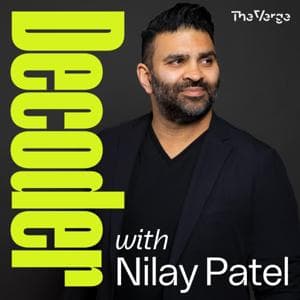The world’s most famous architect, Frank Gehry, was actively at work until his death at age 96, finishing his Guggenheim Museum in Abu Dhabi and still designing the greatest works of his career. Masters Frank Lloyd Wright and Phillip Johnson also worked into their 90s and were even more prolific than Gehry.
In this special series, Century Lives introduces Victoria Newhouse, a renowned architectural historian. At age 87, Victoria chats with her contemporaries: the late Frank Gehry, Rem Koolhaas, Moshe Safdie, Peter Eisenman, and Raj Rewal—all renowned architects and all in their 80s and 90s.
In this episode, Victoria Newhouse talks with 87-year-old Israeli-Canadian-American architect Moshe Safdie, who remains unstoppable with new projects from Singapore to Bentonville, Arkansas. He’s the recipient of the Gold Medal, the highest honor, from both the Royal Architectural Institute of Canada and the American Institute of Architects. Moshe discusses his Marina Bay Sands complex in Singapore, where expansion is about to begin on what’s become Singapore’s national landmark. The huge hotel’s three towers include a casino, a conference center, a shopping mall, an art museum, and a spectacular rooftop infinity pool that overlooks the scenic bay.


























